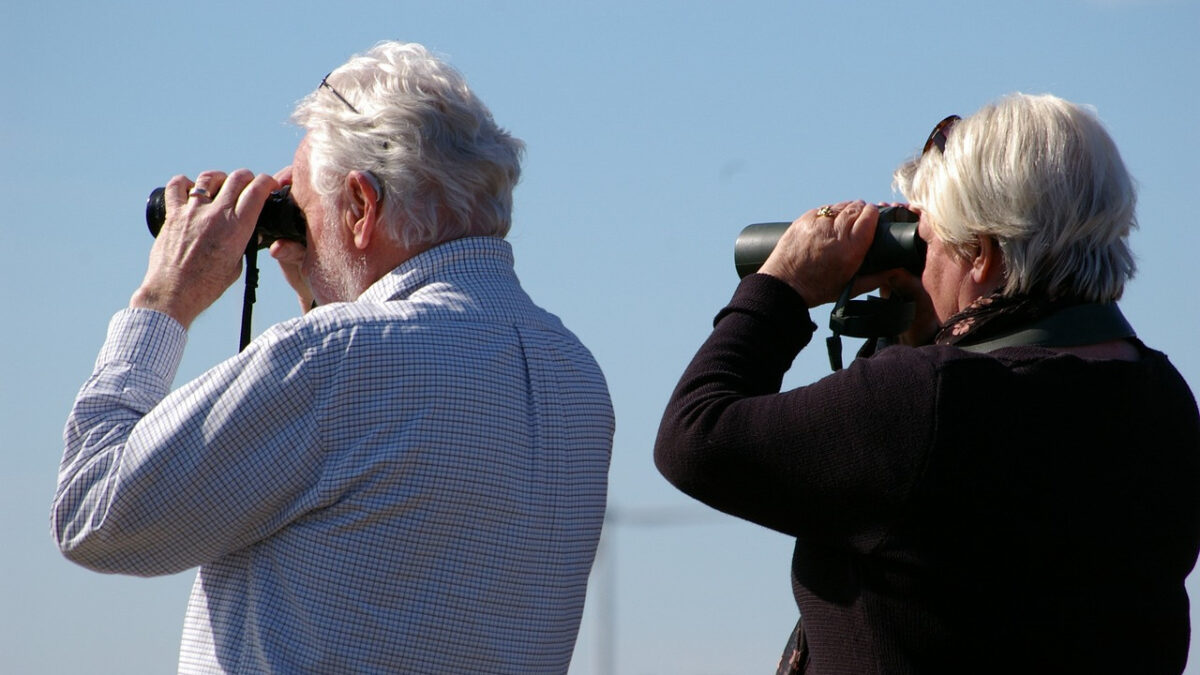We process information, discern complicated solutions to sometimes simple problems in different ways. Sitting around the coffee table several mornings ago with a group of professional men and women in Seattle—doctors, lawyers, educators, journalists, and a labor organizer, I was asked what informs my decision-making process. Most of the people sitting around the table had a progressive tilt, so my words may have seemed juvenile to them.
I told them my decisions are based on a considered discipline that I try to deploy in every aspect of my life. I pray, read scripture, read the church fathers and classic and enlightenment fathers, I reflect on my own life experiences and then there are my emotions. The last two areas are probably the least helpful when trying to negotiate a trial or tribulation that demands a decision, especially when the ramifications of that decision affect other people and other people’s families. Any businessperson who employs people, most military leaders that I have been privileged to know, and hopefully most mothers and fathers who are in charge of their families and their families’ futures understand the burden of that responsibility.
In our new modern culture, where families are becoming unfortunately less important—thank God we live in Idaho where families still are important, where small businesses and farms are continually threatened by large monopolistic corporations, where neighborhoods are being bought up by California developers who have no money of their own, but who are backed by large insurance companies, hedge funds, banks and venture capitalists, the responsibilities and the sense of connection to others seems to be shifting from the individual, to the large government organizations and large monopolistic organizations, most of which owe their primary allegiance to the corporation or to government—not to the individual.
We as a society are becoming less invested in ourselves. We knowingly or unknowingly transfer responsibilities that seem like burdens onto others who promise to bear our burdens. The yolk of social responsibility is shifting upwards from the individual and family to government and large organizations who are able to consolidate economic and political power in command-and-control models of so-called efficiency and efficacy.
The famous Green Bay Packer football coach Vince Lombardi once opined that the harder you work for something, the more one must sacrifice to reach a goal, the less likely one is to quit when challenges threaten you from outside and within. Relinquishing the burdens of responsibility comes with the cost of losing one’s liberty. Do people lose their sense of purpose and dignity before they relinquish their liberty, or is it the other way around?
After the fall in The Garden, God said, “By the sweat of your brow you will eat bread”. Work was to be respected. Work was the means to the end of being secure. The products of one’s labor were easily valued in a barter system. A bushel of wheat or rice for a pound of meat. As we have become more specialized with our divisions of labor and complex vertical and horizontal business structures, we are also losing the connection to the value that we individually, and that others give for our work. Our connection to work and ownership with its responsibility of stewardship finally become less important.
It was easier for Marx to make his argument on the “value of labor” in a manufacturing urban world than it would have been in an agrarian world. It is easier to preach a path to utopianism and create factions in society when doing so, when people don’t have a sense of their own worth in either the temporal or spiritual realm. Marx’s theory has never been proven to work; otherwise, the left tackle on an arena football team would have the same salary as the starting quarterback on an NFL football team. Only the market can determine price and then value to the person paying the price and the supplier who paid the cost of production.
As Boise and Garden City become ever more urbanized, as City governments tend to play big brother to families and individuals, as the value of ownership becomes less appreciated by those in the younger generations, then expect to feel more closed in by the will of the many.
Creativity lies in the heart of each person. Individual entrepreneurship is the engine that has driven innovation and upward mobility for both the individual and “the common good”. These experiments in bigness and upward down totalitarian like governance structures never work and end up in chaos and moral decay. Look at our big cities. I am standing I one and it’s a mess. Why do we have to repeat these mistakes in Boise and Garden City? The monetary gain of changing a $5 million open space golf course into a $300 million high density housing unit that only the developers and city coffers—increased taxes will help Garden City revenues for sure, will soon be lost with the new problems of high density housing—let’s stop calling these developments “high density housing” and start calling them for what they are “projects”. The pendulum of life swings ever more toward chaos—think crime, drugs, and the loss of open space, the more people that are jammed into one space.
I had to live on a Navy ship for a year. It was doable. The only open space we had was on the fantail, looking out at the ocean. It was nice. The ocean was surely God’s space, but I believe God designed us all to be stewards and to have a little of that space for ourselves. Stewardship requires work, it is a responsibility. To relinquish that responsibility to another, is certainly a loss of individual sovereignty with the resulting loss of self-respect.
Idaho is already changing Get Ready! I pray that people, individual citizens, will always be at the top of the priority list in Idaho, “WE WILL SEE”


